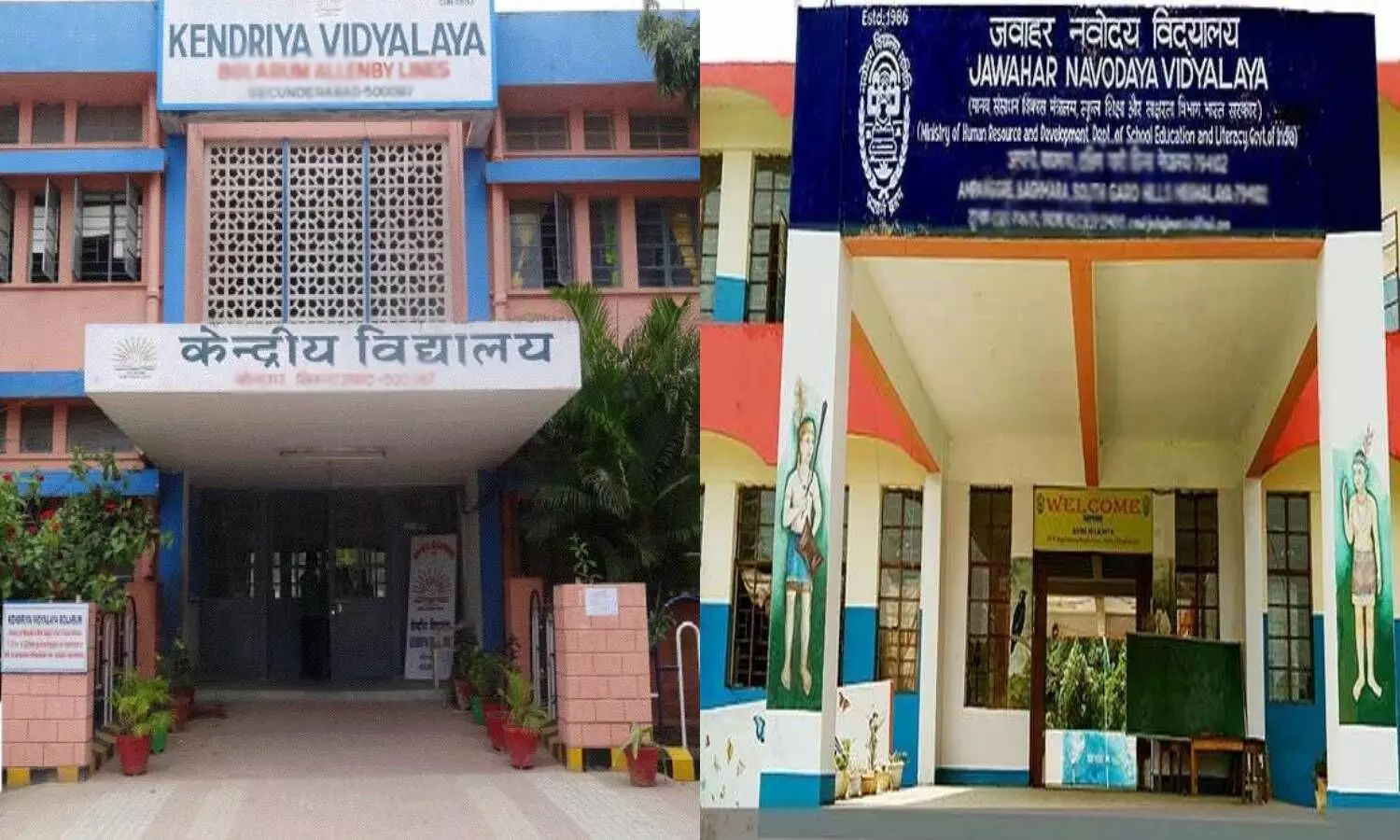414 posts vacant in 35 KVs in TS, 65 in nine Navodaya Vidyalayas
The Union minister of education, Ramesh Pokhriyal Nishank, on 15 March informed the Parliament that around 414 positions are vacant in 35 Kendriya Vidyalayas in Telangana.
By Newsmeter Network
Hyderabad: The Union minister of education, Ramesh Pokhriyal Nishank, on 15 March informed the Parliament that around 414 positions are vacant in 35 Kendriya Vidyalayas in Telangana. Of the total vacancies, 259 are teaching posts and 155 are non-teaching posts.
The minister also said that 65 posts are vacant in nine Jawahar Navodaya Vidyalayas (JNV) in the state. Of these, 49 are teaching posts while 16 are non-teaching posts.
Replying to a question by Anumula Revanth Reddy in the Lok Sabha, the minister also said that in the country around 8,174 teaching posts and 5,460 non-teaching posts in KVs and 3,174 teaching posts and 1,880 non-teaching posts in JNVs are lying vacant.
The minister said the student-teacher ratio in the KVs and JNVs in Telangana at present are 33:1 and 19:1, respectively.
Kendriya Vidyalayas and Jawahar Navodya Vidyalayas are under the Central ministry. They are affiliated with the Central Board of Secondary Education (CBSE) and as per the CBSE by-laws, an optimum number of students in each section shall be 40. The Right of Children to Free and Compulsory Education (RTE) Act 2009 also specifies that the student-teacher ratio should be 30:1 for classes I to V and 35:1 for classes VI to VIII
The Union minister said the ministry has released around Rs. 220.82 crores to KVs and around Rs. 48.80 crores to JNVs in 2020. The highest number of KVs in the state is in Medchal Malkajigir (11) followed by Hyderabad (4) and Rangareddy (3). Two each are in Sangareddy, Nalgonda , and Nizamabad.
JNVs in the state are in Asifabad, Karimnagar, Khammam, Nagarkurnool, Nalgonda, Kamareddy, Warangal Urban, Rangareddy, and Siddipet. The Navodaya Vidyalaya Scheme envisages the opening of one JNV in each district of the country. Opening of new JNVs is a continuous process that depends on the willingness of the concerned state government/UT administration to make available requisite suitable land free of cost for construction of the permanent building and making available required temporary building, free of rent, to run the Vidyalaya till the permanent building is constructed.